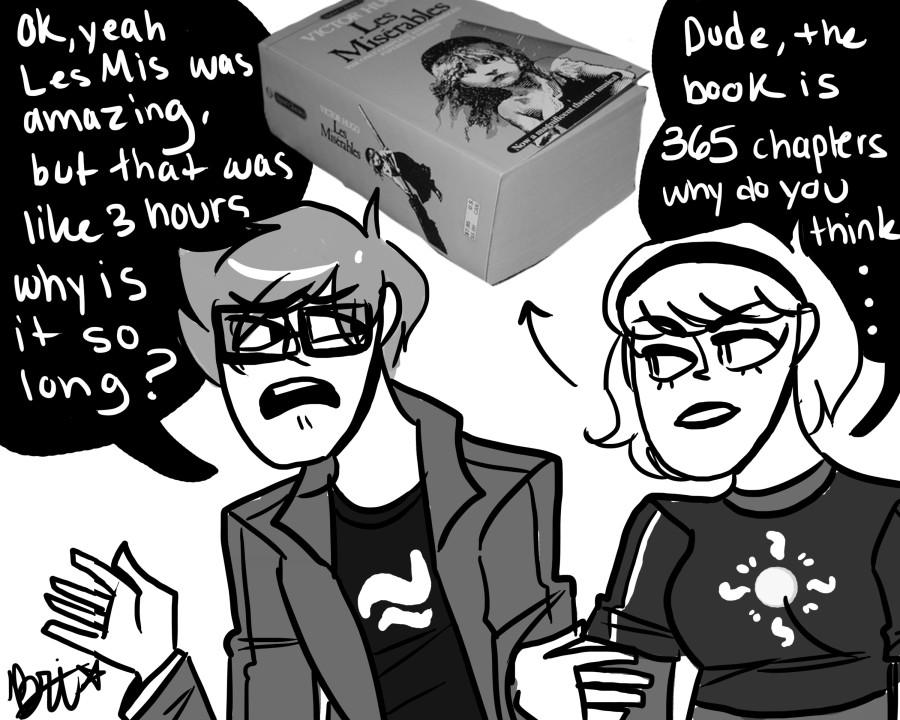The majority of modern films are not original ideas, but are based on existing novels. Moviegoers miss much of the original creator’s intent of the story when seeing a film adaptation of a novel without reading the original story.
When authors sell the movie rights of their work to film companies, they do not always have input into the production of the film. The movie’s director and the screenplay writers have the majority of the power to dictate what the viewer experiences. A film’s production team could create an experience completely different from or even conflicting with the experience the story’s original author intended.
On its own, reading is a very personal activity compared to watching a movie. Authors work in conjunction with the reader to create settings and characters that could be slightly or massively different, depending on what the next reader imagines. Many things influence a person’s own imagination, including his or her surroundings and past experiences. This is especially evident in the fantasy and science fiction genres where readers have to imagine completely fictional settings and characters different from everyday life.
When people read novels, they are imagining characters and settings for themselves. If a person already associates a character with whoever plays the character on screen, the imaginative process is lost.
Movies offer less room for interpretation, especially because the appearances of characters and settings are already defined for the viewer. While an author may describe a place as a “fairytale wonderland,” in the adaptation, the viewers see what the director deems a fairytale wonderland. If the director’s interpretation of a wonderland is different from the viewers’, then the viewers are left without the intended effect.
Moreover, the nature of film doesn’t allow for all of the detail of a novel. It is difficult to fit a novel’s 900 pages of descriptive detail into two hours of movie. Those who have not read the original works can be missing important details or interesting subplots that there simply is not enough time for in the film adaptation.
For example, in the recent film Les Miserables, Eponine (Samantha Barks) has no interaction whatsoever with the little revolutionary boy Gavroche (Daniel Huttlestone), as opposed to the original novel, where the two are portrayed as brother and sister. The movie makes absolutely no reference to their relationship.
However, film adaptations are not inherently bad things. They simply offer a different way to experience a story. Fans of original novels are often excited to see favorite novels come to life on the big screen.
It is still important to always read original works first before seeing film adaptations. Too many of the small details that define the experience of a story are lost otherwise.

